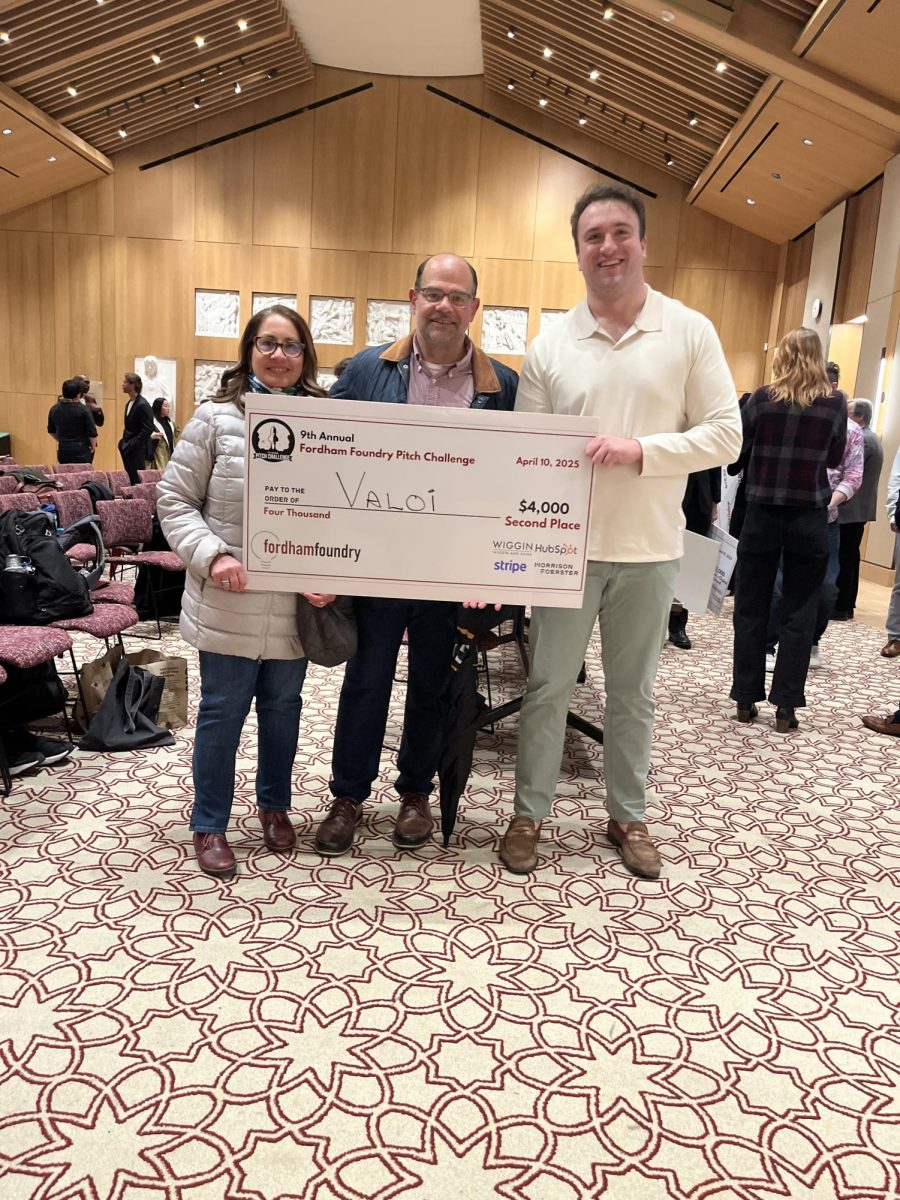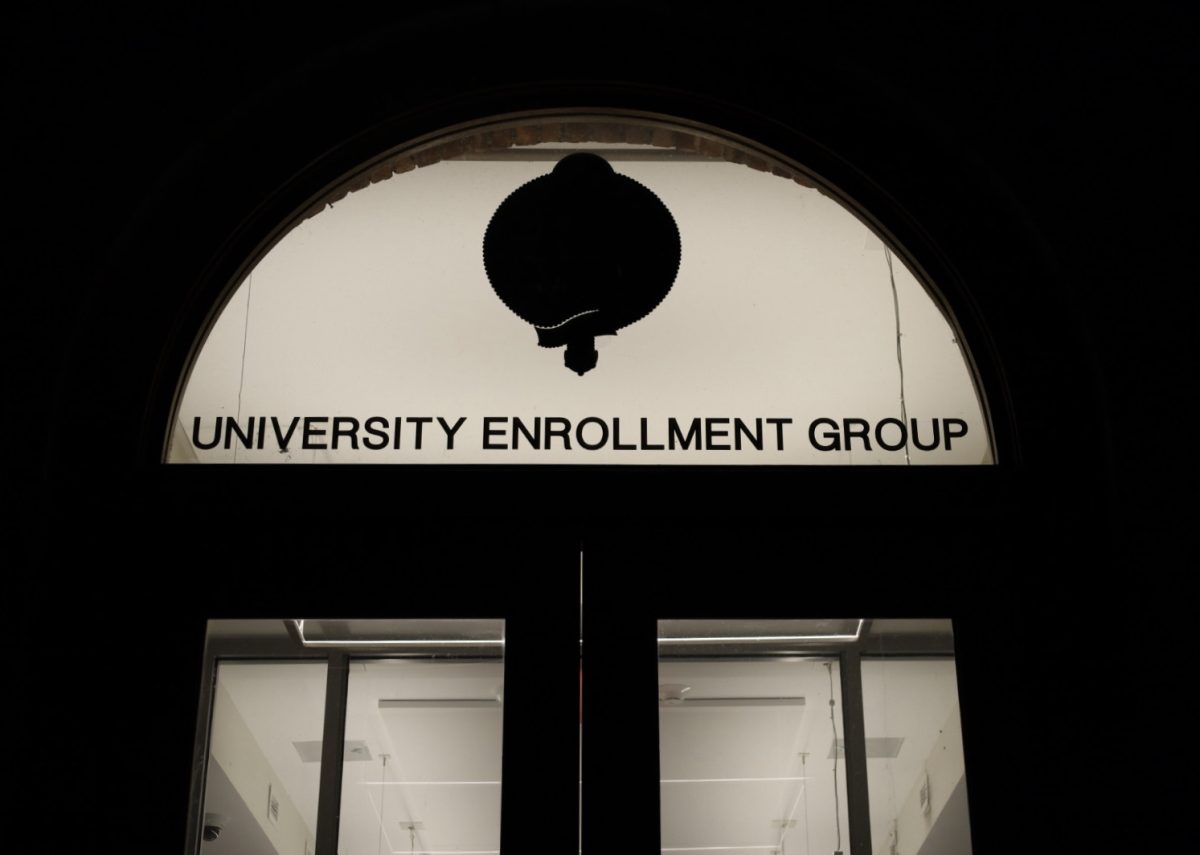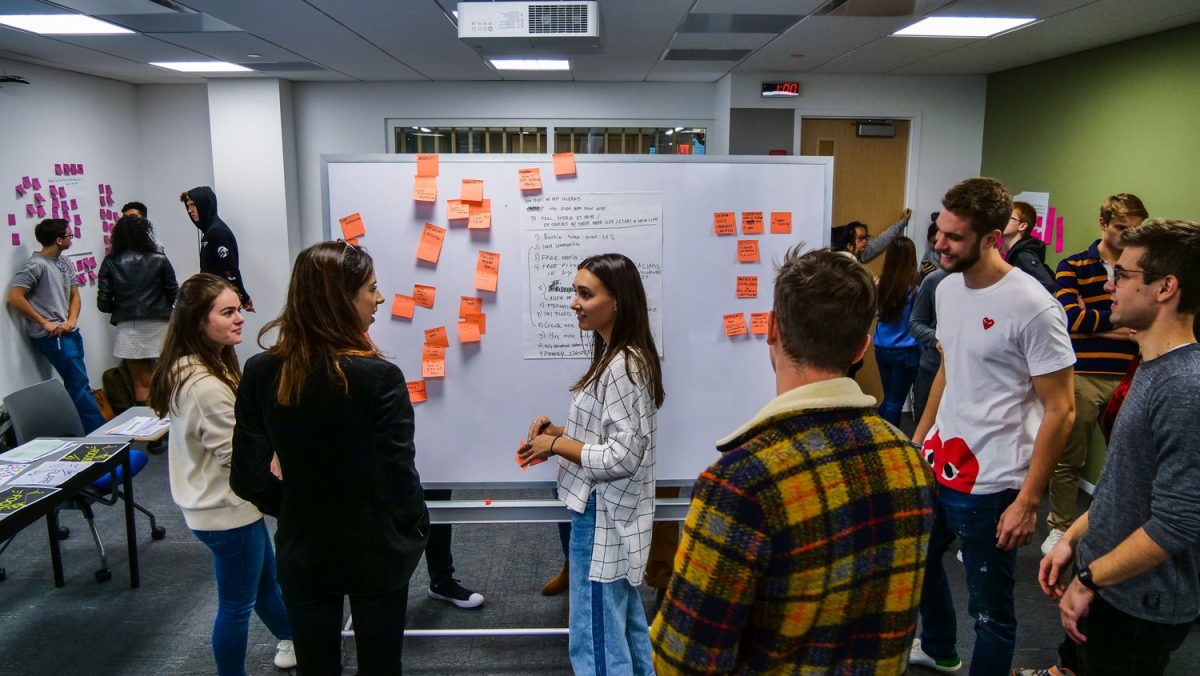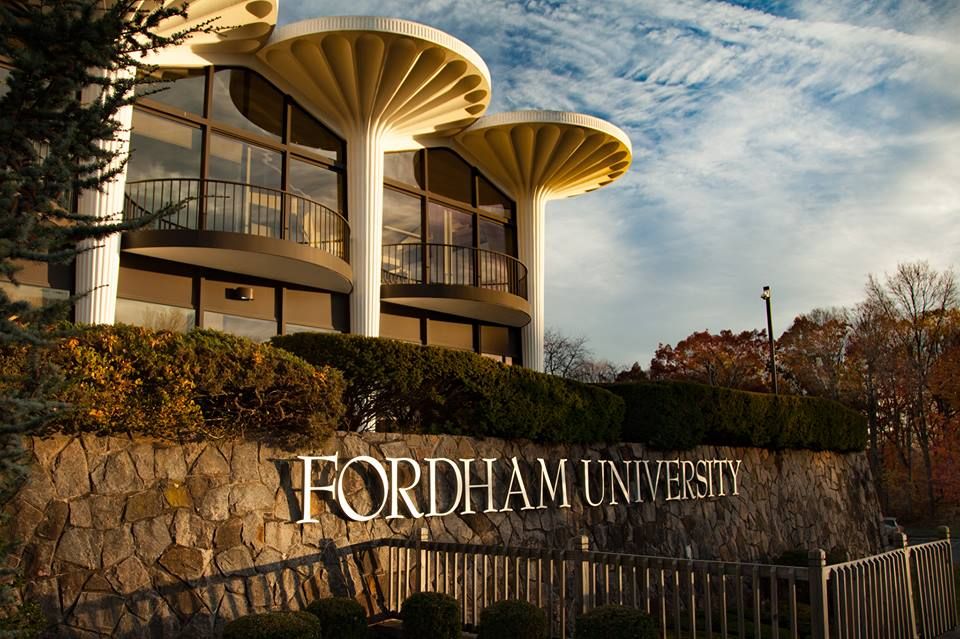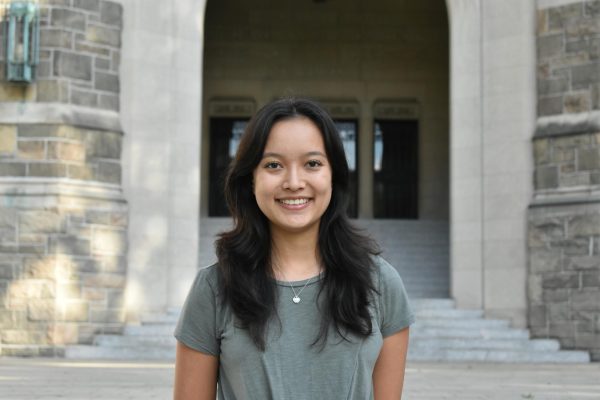Fordham College at Rose Hill budget packets were due on Nov. 2 for all student clubs. This comes after spring 2023 budgets for each event-funded club were capped at $5,000.
The Budget Committee in United Student Government (USG) is responsible for allocating the funds and reviewing the budget packet requests. Eron Maltzman, GSB ’25, vice president of finance, explained the amount of clubs has greatly increased over the past several years.
“All Budget Packets are reviewed by the Budget Committee on one day called Budget Day where we have a limited amount of funding to allocate to all 171 clubs on campus,” said Maltzman. “In the past several years, the amount requested by all clubs greatly exceeds the amount of funding that we have available to allocate to clubs, so in the past, we have been put in a difficult position of having to limit the amount of funding given to Event-Funded clubs.”
Maltzman explained that there are three types of funding — event funding, block funding and permanent allocation. The first is funding with specifications of line-items and backup documentation in the budget packet for clubs with semesterly allocations that vary in amount.
Block funding is for clubs and organizations in the Fordham community who apply for a predetermined lump sum allocation on Budget Day. Permanent allocation is only Campus Activities Board (CAB) because it does not fall into either of the previous categories.
For example, Debate Society is block-funded and was allocated $22,955.00 for the fall semester. CAB has $174,000 for the fall semester.
“We are always eager to give out all of the funding that we have available as that is our mission, but we must do this in the most equitable manner possible. The process of reviewing Budget Packet submissions has always been the same and will continue to be the same this Budget Day,” Maltzman said.
Last semester, USG also discussed the possibility of increasing student activity fees, which is where the club budgets come from. A referendum was sent out to the student body. It needed at least 15% of the community to say yes in a simple majority of the students surveyed, but it did not pass.
Maltzman explained that the current student activity fee is $135, which every student pays in tuition. After all of the money is summed up, 30% of the total is given to the Office of Student Involvement, $33,000 is designated to club sports, $15,000 is designated to Senior Week and the remaining amount is given to the Budget Committee to allocate to student clubs.
“Getting budget appeals approved is starting to become a much slower process than before. Our requests usually aren’t approved until two weeks after we send out the request so it’s been tricky to plan events around that fact,” said Chelsea Usiomwanta, FCRH ’24, president of Caribbean and African and Student Association and Pre-Law Society. “The USG budget committee works really hard and I appreciate their timeliness, but as a club leader of different clubs on campus I’m a bit concerned for the upcoming spring semester and how the budget cuts will impact the organizations I’m a part of.”
Joseph Villanueva, GSB ’26, treasurer of Fordham University’s Philippine American Club (FUPAC), said that their reduced funding for events, activities and cultural programs has made it more difficult to give the club members the experience they deserve.
“This financial struggle becomes especially relevant when it comes to preparing the budget for the upcoming semester,” said Villanueva. “In the past years, we were able to hold up to 3 food outings per semester and now we can barely budget for 1. Moreover, we have to limit the number of members that can come out to events due to having a limited budget.”
Villanueva added that the FUPAC e-board has recently had to prioritize the price over the quality of the experience for certain events since their spring 2023 budget got cut by over 50% from the previous semester.
“However, when it comes to an event where we know the members’ experience comes first such as our most recent event, Halo-Haloween, we come to a consensus that if the necessities for the event surpass the budget, the e-board will split the costs from our own pockets,” Villanueva said.
Alexandra Tamsi, FCRH ’24, president of Catholic Relief Services (CRS) and Asian Cultural Exchange (ACE), said CRS was not affected since they didn’t have as many big-budget events prior to the budget cuts, but ACE was affected.
“ACE was affected by the budget cuts because a lot of our events, like food outings and banquets, need funding for food at the same time. Our membership increased a lot so we were trying to accommodate more people and work with rising food prices at the same time as budget cuts,” Tamsi said.
Overall, Maltzman said students should reach out with any concerns or questions about how to submit things or why certain things were denied.
“We urge any students to reach out at any time with their concerns, we are always happy to help. Additionally, it is important to note that this funding is never guaranteed to clubs, but if a club doesn’t receive funding for a certain event or item from their Budget Packet, they are always urged to submit a Weekly Appeal the following semester,” Maltzman said.
The budget allocation can be found linked online.







































































































































































































